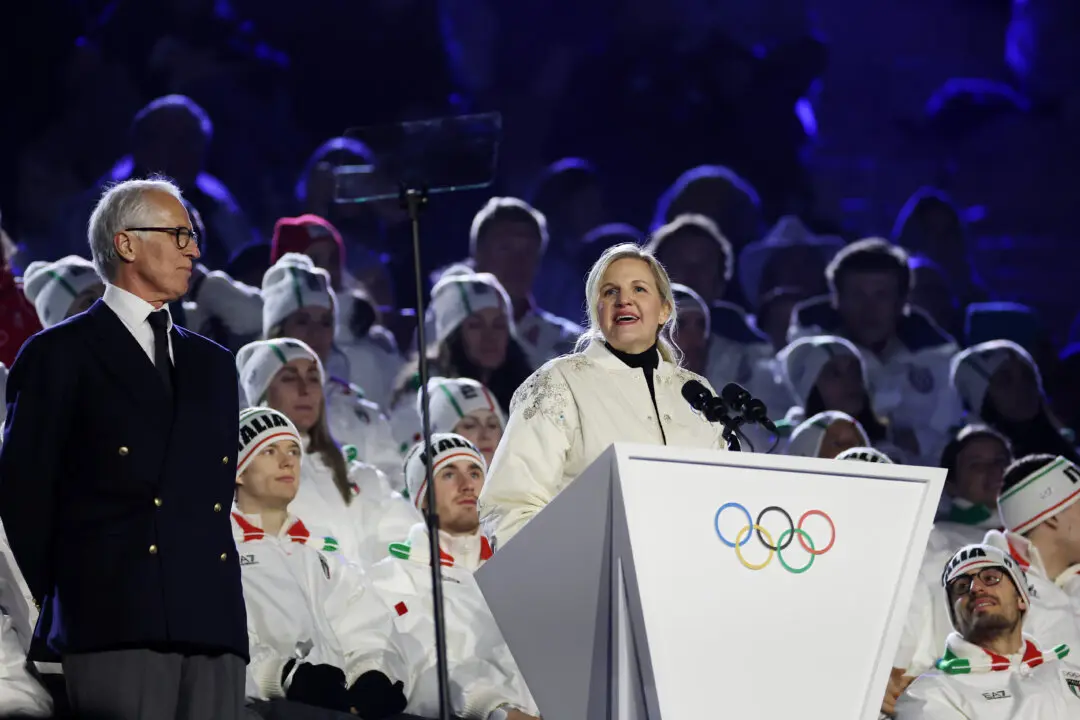COLUMBIA, Mo.—Healing a campus riven by student protests over race relations and recent online terror threats isn’t just a mandate for interim University of Missouri system president Mike Middleton. It’s also deeply embedded in his history.
The former law professor, whose appointment was announced Thursday, spent 18 years as deputy chancellor on the same Columbia campus from which he graduated in 1971 and later received a law degree. The 68-year-old stepped down in August but continued to work part-time with now-ousted Chancellor R. Bowen Loftin on a plan to increase inclusion and diversity at the school.
As an undergraduate, Middleton was a founder of the Legion of Black Collegians, an activist student group that participated in the protests that led to this week’s back-to-back resignations of former system President Tim Wolfe and Loftin. Protest leaders from the group Concerned Student 1950 — named for the year Missouri admitted its first back student — included some of the unmet demands Middleton helped create as a civil rights and anti-war protester.
Middleton said he keeps a list of those original demands on his desk.
His bona fides contributed to a warm welcome and vigorous applause from university administrators and leaders of two black student groups who attended Middleton’s news conference.
“I am very excited,” said Tamara Hodges, a member of the Black Law Students Association at Missouri. “He’s been a part of this community for a long time. He’s going to be a great leader for this system.”
Concerned Student 1950 didn’t immediately respond to a request for comment about Middleton’s new position. A student who was one of the original organizers of the group was not immediately available for comment.





